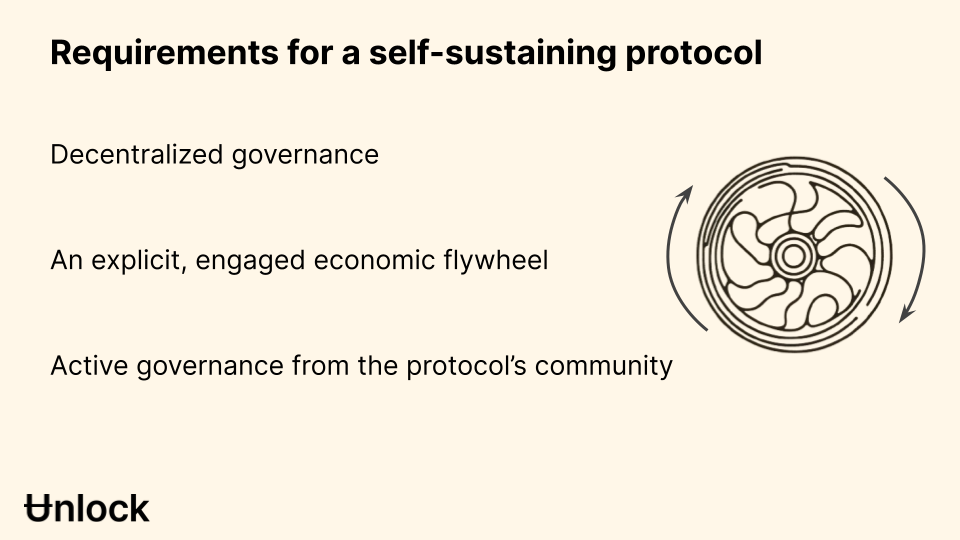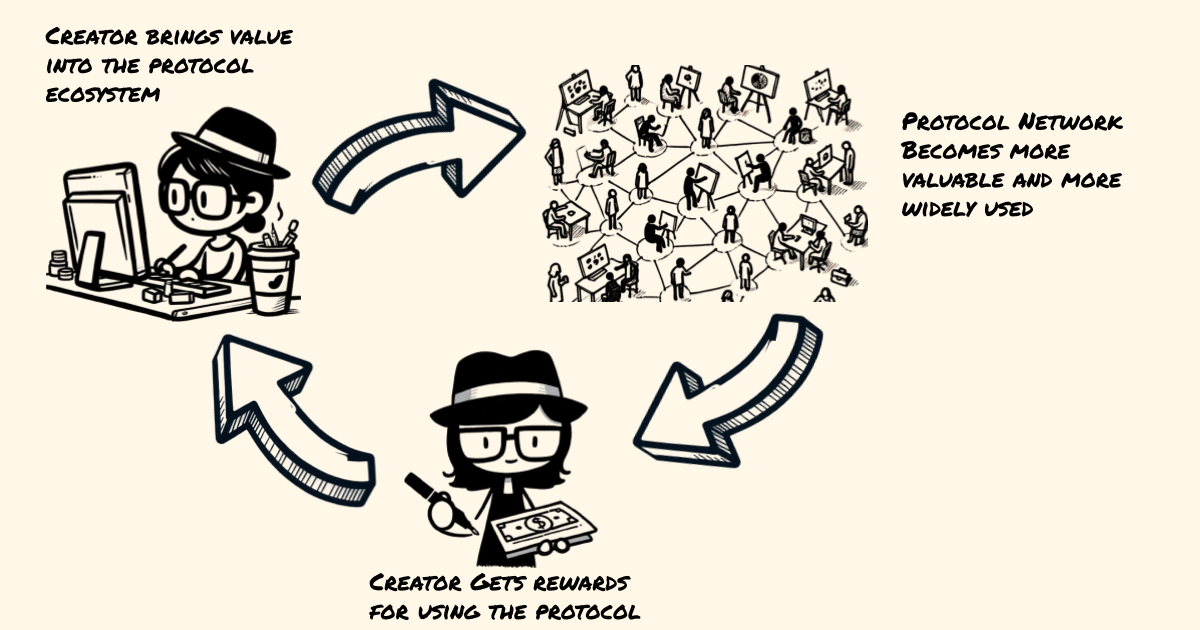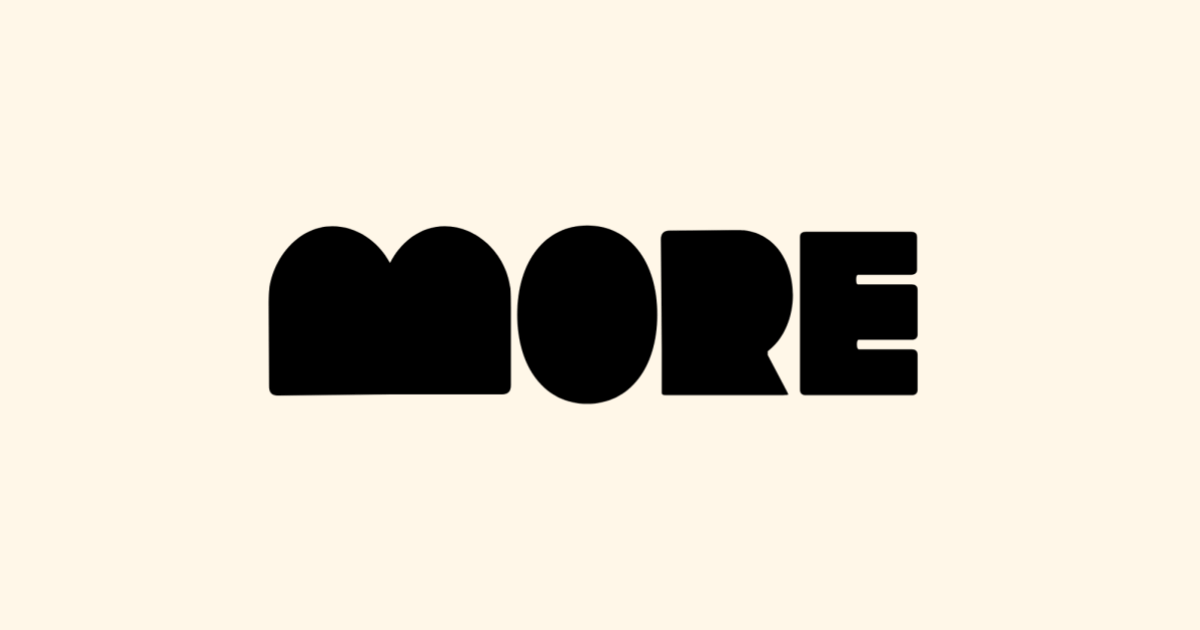Migrating the Unlock Protocol DAO to Base
Things are looking UP.
Unlock Labs has been working to put in place the necessary components that will enable the Unlock Protocol DAO to migrate from Ethereum mainnet to Base. This work is anticipated to be completed throughout the rest of Onchain Summer 2024, and has a number of interrelated components. At its simplest, there are two things required to enable the Unlock DAO to exist and manage the protocol from Base.
Create a governance token for the Unlock DAO on Base
Deploy protocol governor contracts on Base
While these are the two minimally-required items in order to do the migration, there are several steps on the way, which include:
Creating an entity that can issue the new token
Putting in place mechanisms for existing UDT holders on mainnet to obtain the new token on Base (UDT is the governance token for the Unlock Protocol DAO on Ethereum mainnet)
The rest of this document will go through a number of the key details regarding these activities, as well as dive into the motivations behind the move.
What does a sustainable onchain protocol look like?
Taking a step back, there are three things that an open, onchain protocol needs in order to become sustainable. An open, sustainable onchain protocol needs…
Decentralized Governance: The protocol’s governance is not controlled by a single central entity, but rather is distributed among multiple stakeholders.
An Explicit, Engaged Economic Flywheel: The protocol has a clearly defined and active economic system that drives continuous growth and sustainability.
Active Governance from the Protocol's Community: There needs to be ongoing and active involvement from the protocol’s community members in the governance process.

Unlock Labs, as a member of the Unlock Protocol community, is working on activities that support these three requirements.
In spring 2024, the Unlock Protocol DAO has proposed and ratified the minimal components necessary to start the economic flywheel spinning for Unlock Protocol.

You can read more about the details of the Unlock Protocol flywheel here.
Throughout the rest of the summer, the Unlock Labs team will be building, delivering, and creating proposals to the community around the components to further decentralize and support active governance in the Unlock Protocol DAO community.
Creating a token for the Unlock DAO on Base is necessary for active, decentralized protocol governance
Today, creating and voting on Unlock DAO proposals on Ethereum mainnet is an expensive proposition, primarily due to mainnet gas fees. Unlock Labs is proposing moving the Unlock DAO governance mechanisms to Base, thanks to Base’s speed, security, and affordability.
Unlock Labs believes this will greatly improve the accessibility of governance to members of the Unlock Protocol DAO, making it significantly faster and affordable to create and vote on DAO proposals.
The Unlock DAO on Base will be governed by way of governance tokens. Tokens need to be created by an entity, typically a foundation. The Unlock Labs team has been working to instantiate a foundation that will be able to issue the new token.
When issued by the foundation, the traits of the new token will be as follows:
The token on Base will be the Unlock Protocol (”UP”) token
The UP token on Base will have a supply of 1,000,000,000 (one billion) tokens
The UP token implements the ERC-20 specification. The UP token contract can be viewed here.
Holders of the UP token will be able to create and vote on protocol proposals on Base by way of a set of governor smart contracts that also will be proposed.

New Unlock Protocol governor contracts will be deployed on Base
Currently, the Unlock Protocol governor contracts are deployed on Ethereum mainnet. In order to have the Unlock Protocol DAO manage the protocol on Base, new governor contracts will be deployed on Base. These new governor smart contracts use the OpenZeppelin governor and timelock mechanisms with no modifications.
The proposed governor and timelock contracts can be viewed on Github here.
UDT holders on Ethereum mainnet will be able to exchange for UP tokens on Base
In essence, the UP token on Base is an analogous version of the UDT token on mainnet. (In order to eliminate potential confusion between the two tokens, a different name — UP — was chosen on Base.)
Existing UDT holders will be able to exchange their UDT for UP tokens at a 1-to-1000 ratio, as a result of the different supplies of the two tokens. Every UDT token swapped will receive 1000 UP tokens in return.
At swap-time, UDT-holders will also be directed to explicitly delegate their voting power for their new UP tokens, in service of the goal of active participation in the Unlock DAO. Individuals will be able to self-delegate (i.e. vote their own tokens). If an individual wishes to hold the UP token but delegate their votes to another member of the community, they will be able to do so.
The swapping of UDT for UP will be handled by a swapping smart contract. The swapping smart contract can be viewed here.
This swapping contract was created by Unlock Labs, and has been audited by Code4rena.
Things are looking UP for the rest of Onchain Summer
To be sustainable, Unlock Protocol needs to have decentralized governance, an engaged economic flywheel, and active community involvement.
The economic flywheel is now in place.
Unlock Labs will recommend further decentralization measures to support active governance within the Unlock Protocol DAO community throughout the summer of 2024, and will propose the Unlock Protocol DAO move from Ethereum mainnet to Base. Moving the Unlock DAO governance to Base aims to reduce costs and improve accessibility, making it easier for members to participate.
Migrating the Unlock DAO to Base requires a new token, which will be called the Unlock Protocol token (UP) that will be issued by a new Foundation.
The new UP tokens on Base will facilitate proposal creation and voting via new governor contracts. Current UDT holders will swap their tokens for UP tokens at a 1-to-1000 ratio, enhancing active participation by delegating voting power. This transition is expected to make Unlock Protocol more efficient, inclusive, and sustainable.